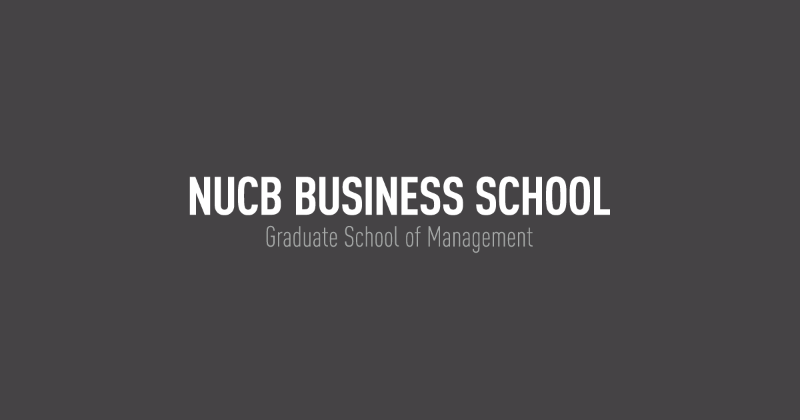On Saturday, September 26, 2020, the fall semester began at NUCB Business School, and face-to-face classes resumed. From the perspective of social distance, the EMBA course at the Tokyo Campus started with two classes at the same time, and the distance between the seats was doubled to prevent the new coronavirus.
There are two types of accounting: financial accounting and management accounting. Financial accounting is accounting for the preparation of financial statements based on a system. It is accounting for reporting results to shareholders and investors. Since it is accounting for reporting results, it is not suitable for managing the processes that lead to those results. Management accounting is accounting for management. What is important for management accounting is to be able to make correct decisions. In this lecture, we will learn various management accounting concepts and methods, with the goal of enabling students to make business decisions based on quantitative information. We will learn management accounting to make correct decisions for all types of companies, regardless of whether they are large or small.
On the fourth day of the class, a case study of a restaurant company famous for "Ore no French" and "Ore no Italian" was used for the class discussion on best practices from the perspective of the Balanced Scorecard. The Balanced Scorecard is a method proposed by Professor Robert Kaplan of the Harvard Business School in the 1990s for implementing strategies and evaluating performance while combining the four perspectives of "finance," "customers," "internal business processes," and "learning and growth" into performance management indicators. The vision and management goals set forth by the management of the company in the case in question were said to be out of the ordinary in the restaurant industry. However, we discussed what should be selected and what should be intensively adopted in order to make the business model successful, while digging deep into what factors led to the success of the company and how it was implemented while overturning such common sense. They then evaluated the management from the four perspectives of the Balanced Scorecard and discussed what methods the management took to prevent the vision from deviating. Professor Tomorro Kaneko showed the participants the importance of thinking from multiple perspectives, not only from an accounting perspective, by discussing the factors that contribute to the success of a company by asking what was the background of the ideas behind the management's unrealistic management goals and visions.

 Brochure
Brochure
 Info Session
Info Session
 Application
Application
 Alumni Voices
Alumni Voices













